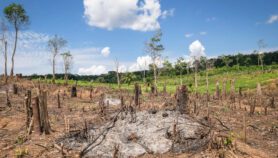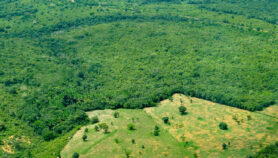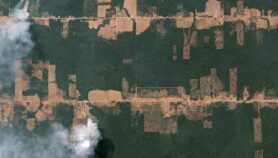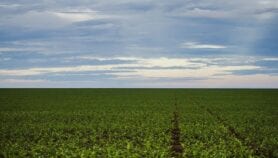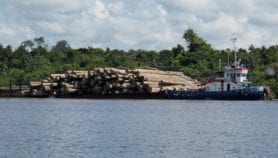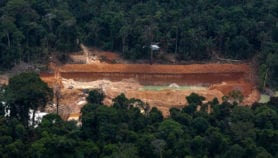Send to a friend
The details you provide on this page will not be used to send unsolicited email, and will not be sold to a 3rd party. See privacy policy.
[RIO DE JANEIRO] A coalition of major UK environmental and development organisations has urged Latin American and Caribbean countries to reduce their vulnerability to climate change.
In a report released yesterday (28 August), the group also calls on industrialised nations to do more to help poorer nations face the threat.
The report links droughts in the Amazon, floods in Haiti and vanishing glaciers in the Andes to human activities including local deforestation and distant greenhouse gas emissions.
It says the region’s governments should make priorities of energy efficiency and renewable power and should assess the threat climate change poses to agriculture, health and water supplies.
"All policies and programmes should face the test of whether they will leave people in Latin America and the Caribbean more or less vulnerable to the effects of global warming," says the report.
It urges industrialised countries to cut their emissions and help poorer countries do the same by providing funds and ‘climate-friendly’ technologies.
The 20 organisations behind the report include the New Economics Foundation, the International Institute for Environment and Development, ActionAid International, Practical Action and the WWF (World Wide Fund for Nature).
Most Latin American and Caribbean nations already face frequent extreme weather events. The report says these countries will struggle to cope with increasing risks of such events because of climate change and that poor communities will suffer most.
Carlos Nobre, director of the Brazilian Centre for Weather Forecasting and Climate Studies (CPTEC) says there is evidence that extreme weather events could become more severe in the coming decades.
Last year’s hurricane season was among the most destructive in history, with 26 tropical storms and 14 hurricanes.
Nobre told SciDev.Net that governments must mitigate climate change by reducing carbon-dioxide emissions such as those caused by illegal logging.
He added that some change in our climate is already unavoidable and that it is therefore essential to research ways to help communities adapt to this new reality.
Link to full report (English) ![]() [1.76MB]
[1.76MB]
Link to full report (Spanish) ![]()
![]()
![]()
![]()
![]()




